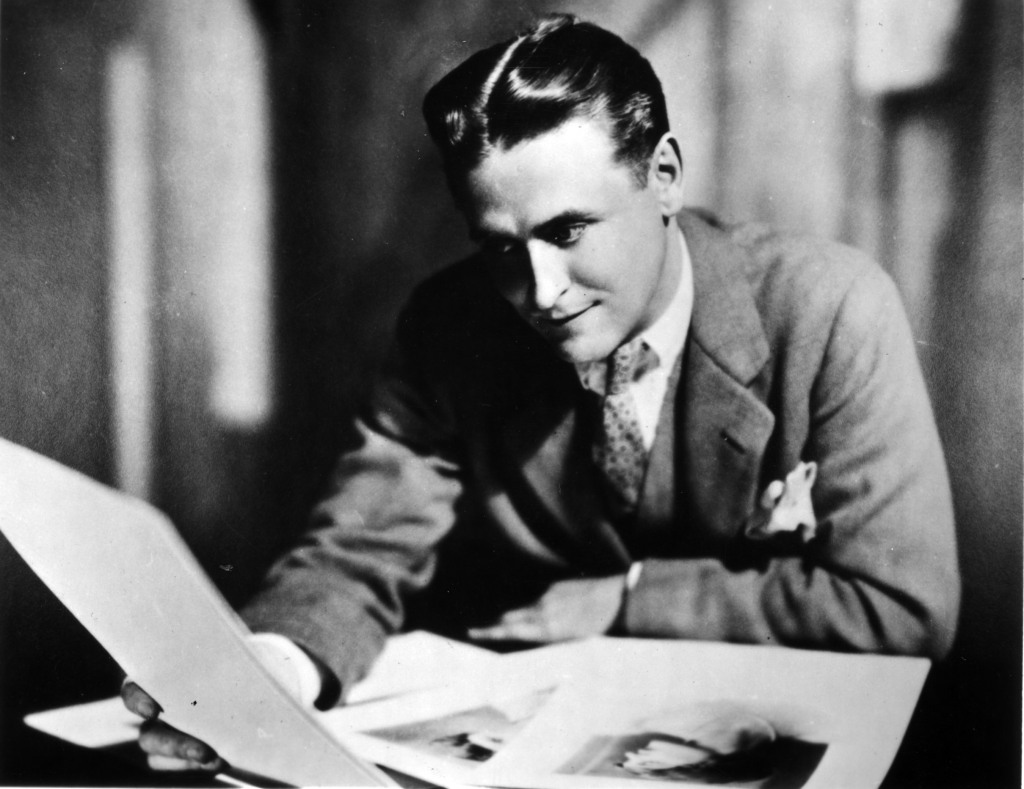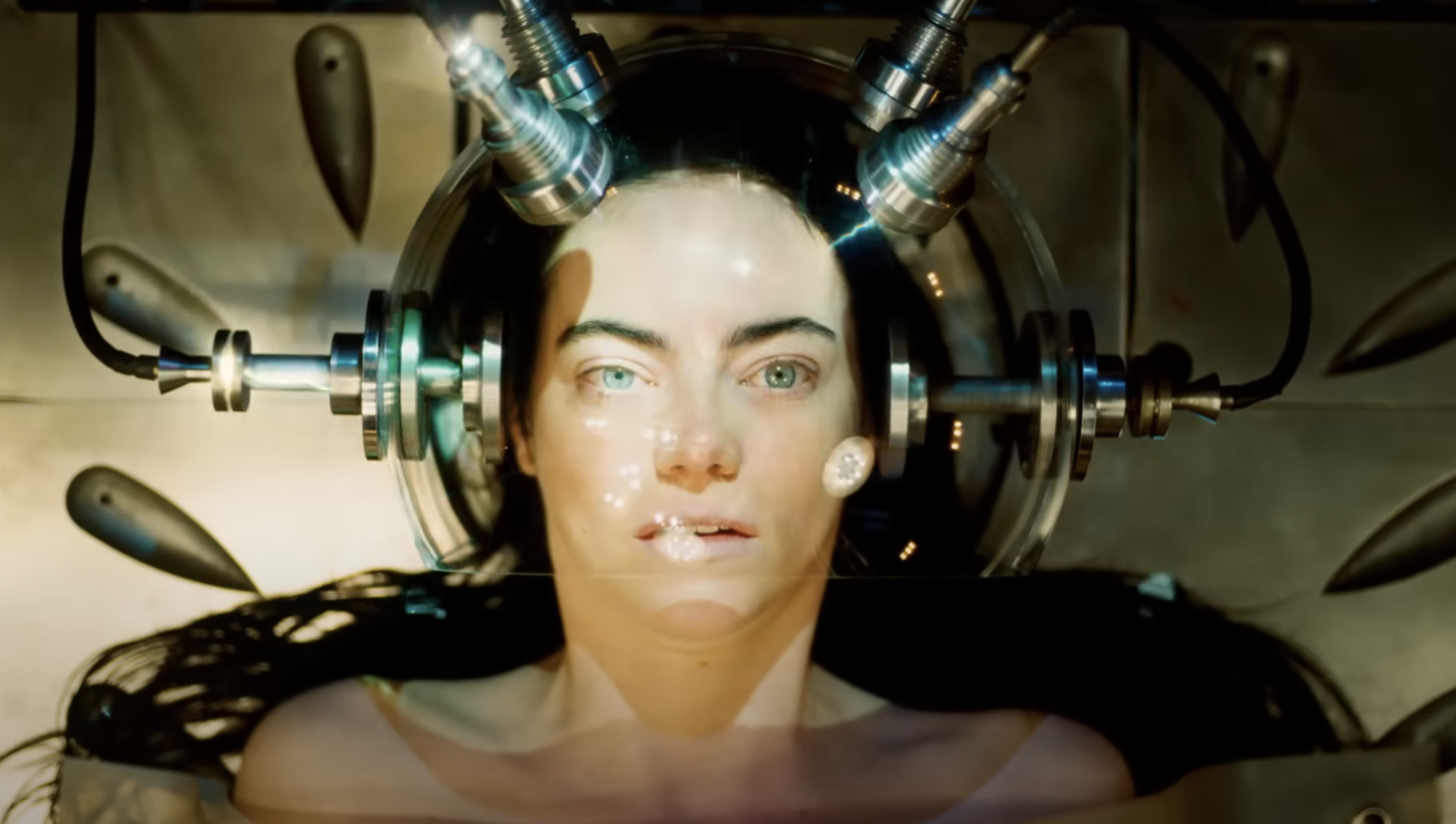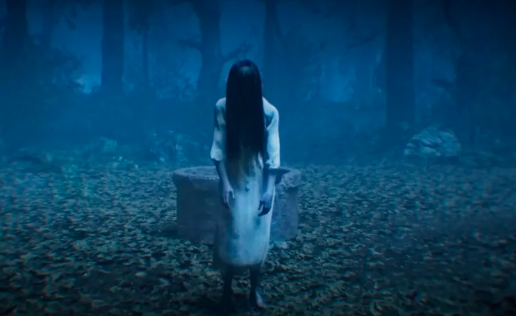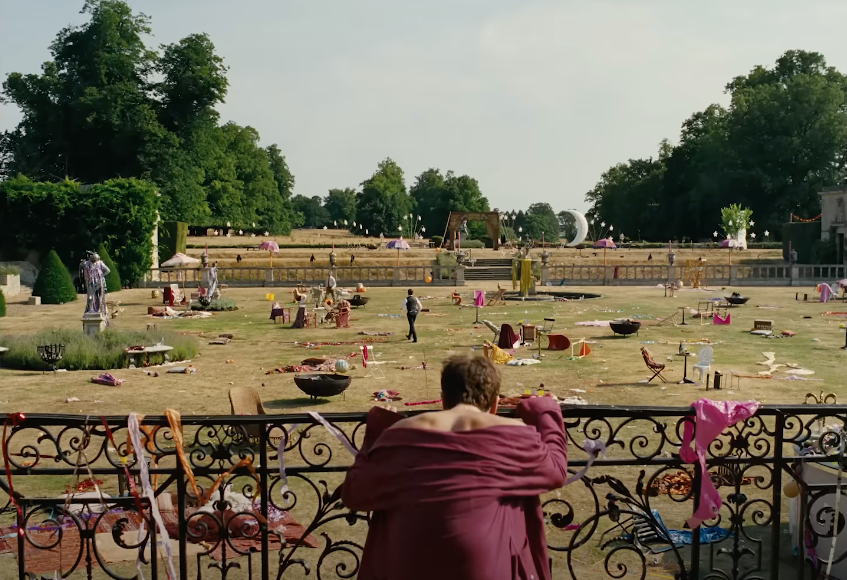Books & Culture
Ranking Every John Le Carré Adaptation
Whose Smiley was best? Leamas? What about Hiddleston though?

Well before the genre borders gave way––before discerning readers could recommend to their discerning reader friends a Pulitzer-nominated author’s post-apocalyptic zombie horror novel, a sci-fi story that reads like a linguistics lecture, or a telepathic vampire detective story from Knopf (not actually a thing, though you sense it could be)––there was the spy novel. There was Graham Greene, and then a little while later John Le Carré, born David John Moore Cornwell, an Oxford dropout turned intelligence officer (first with MI5, then with MI6), turned perennially bestselling novelist. Le Carré gave readers the spy-versus-spy and inside tradecraft they craved, but with a dose of literary modernism and a disillusioned worldview. It was just the thing for the new Cold War era; the European frontier was opening, motives were blurring, and everyone knew James Bond was a superhero, not a man.
Despite the presence of spies, Le Carré’s work is not a natural fit for the screen. The shifting perspectives, the disorienting time shifts, the coded interactions that require two or three hundred pages of immersion before you can feel confident in even identifying the main characters, or explaining the gist of their basic interactions––how do you put all that into a two-hour visual experience while also staying true to the art, and selling popcorn on top of it?
Regardless, the genre has proved irresistible over the years, and fortunately for us there have been some successes in the bunch. Since the author is now looking back on his career (Le Carré’s excellent memoir, The Pigeon Tunnel: Stories from My Life, comes out today), we thought that this would be a good opportunity to review in parallel the state of the man’s work on screen.
So here it is, 1–16: The Definitive Ranking of Every John Le Carré Adaptation.

1. Tinker Tailor Soldier Spy (film, 2011)
The Circus at its dreary, paranoid, internecine best. And all that hallucinatory orange decor… Gary Oldman embodies George Smiley like no other actor (heresy, we know). He’s observant, cynical, so pensive he’s at times almost comatose, and then suddenly that strange brew of cunning and resolve boils over. Tom Hardy steals a few scenes as Ricki Tarr; same goes for Benedict Cumberbatch as Peter Guillam. Mark Strong as Jim Prideaux grabs a few, too. (Come to think of it, this is really one of the best ensemble casts.)
Is the Hungary mission a little convoluted? Do you have to rewatch this movie two or three times before the plot starts to makes sense? Sure, but nobody said espionage was simple. Disinformation is half the game.
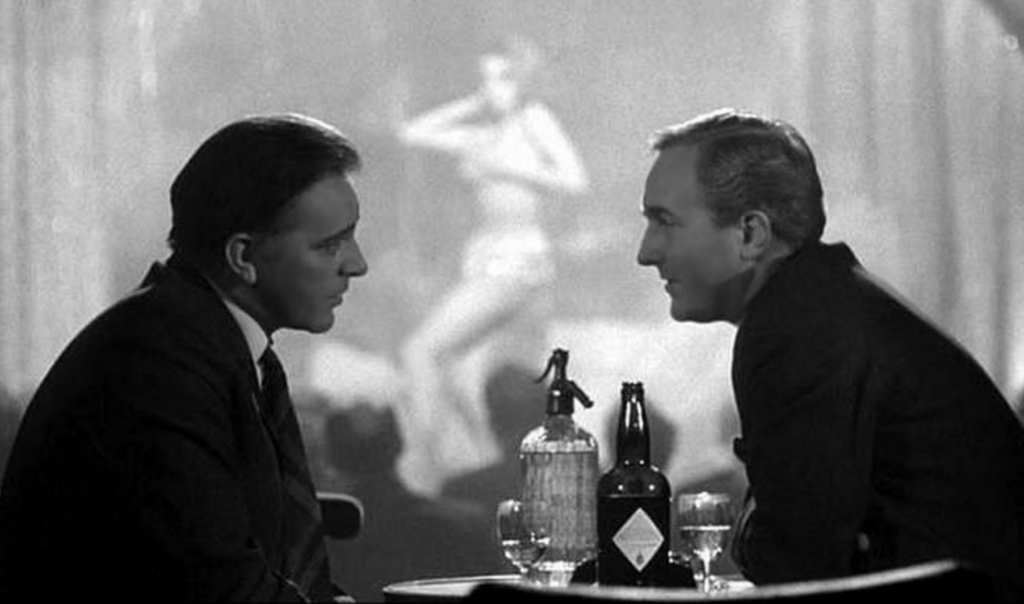
2. The Spy Who Came in from the Cold (1965)
The original, and still the model for how to make a successful Le Carré adaptation. So many factors convened to make this movie work. Burton, as Alec Leamas, was at the height of his powers, capable of conveying more emotion, more world-weary ambivalence at a glance than most actors can summon over the span of a career. Director Martin Ritt was back from the blacklist, with a darkening world vision. The Bond series was in full force, ready to be undermined. The film noir tradition was alive and well, and audiences were learning to value atmosphere and ambiguity over plot twists.
The Spy Who Came in From the Cold is core Le Carré: a disillusioned spy in Cold War Central Europe, lost in a mire of lies, schemes and betrayals, carrying on in the name of professionalism and gamesmanship, more than love of country or any particular belief in the cause. No film better captured the geo-political moment––or the personal disenchantment––of the supposed détente.

3. The Constant Gardener (2005)
Forget the spooks and spies (well, sort of). This is post-Cold War Le Carré, where aid workers, diplomats, and pharmaceutical reps are the new avatars of the quiet fight for world morality. Directed by Fernando Meirelles (responsible for 2002’s City of God), The Constant Gardener relies on a washed-out palate to establish an eery, starkly beautiful fever dream of East Africa. While Rachel Weisz is the story’s impetus, Ralph Fiennes is its beating heart: he perfectly captures the Le Carré sense of ambiguity, noble intention, and ultimate bewilderment.

4. Tinker Tailor Soldier Spy (TV series, 1979)
This is a controversial opinion, obviously. The original TTSS adaptations starred Alec Guinness, after all. (Read The Pigeon Tunnel, if for nothing else than Le Carré’s Guinness anecdotes. A taste here, courtesy of The Guardian.)
This is still one of the best-loved BBC productions of all time, and still a high water mark. The performances are subtle, the story compelling, and the atmosphere thick. The cinematography however is more in line with television standards of the day, and doesn’t equal the strange panache of the 2011 film adaptation. By all means though, watch both, on repeat.
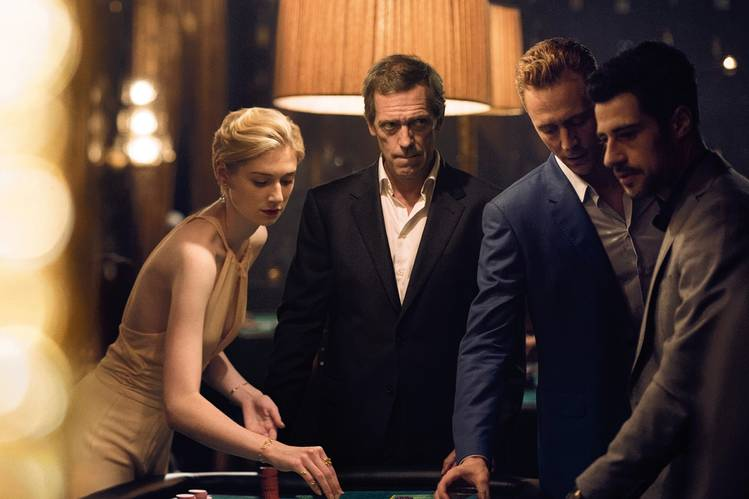
5. The Night Manager (2016)
Tom Hiddleston has a real future in Le Carré adaptations. He’s compelling and worldly, if not overly gifted (in spite of prevailing Internet opinion), with an overall Bond-ian charm.
The story, on its own, is a bit far-fetched. A former soldier serving as a hotel employee in Cairo is recruited to track and trap a notorious arms dealer (Hugh Laurie). But the joint BBC/AMC miniseries pulls it off with style, and Le Carré’s world has never looked better. Director Susanne Bier has the eye, wit, and patience to illuminate the author’s scenes, not an easy feat on screen.
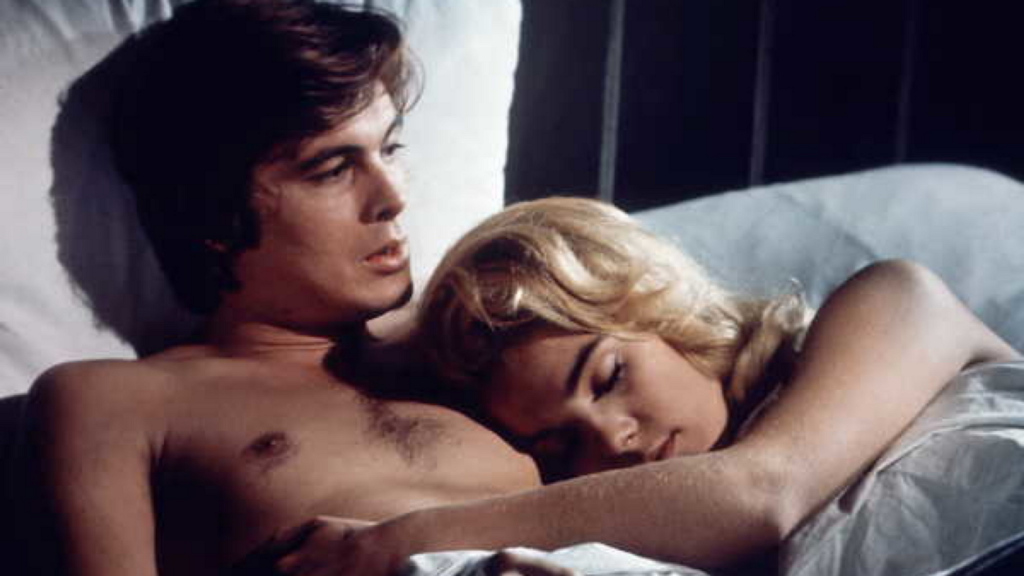
6. The Looking Glass War (1969)
There are two things you need to know about The Looking Glass War. Frank Pierson, of Cool Hand Luke and Dog Day Afternoon fame, wrote and directed the adaptation. And it stars a young Anthony Hopkins. If that’s not enough, God help you.
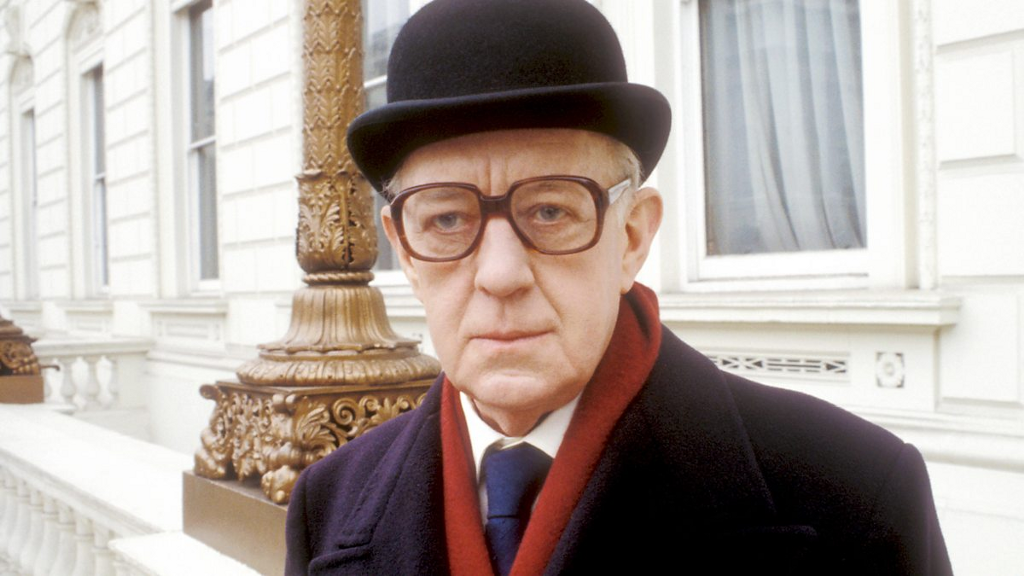
7. Smiley’s People (1982)
Look, these are good adaptations. I’m thrilled they exist and will watch them again every few years. Alec Guinness’ Smiley astounds. Karla comes over. There’s a lot to love here. But a great adaptation requires a visual style to match the author’s prose, okay? BBC workaday filming is fine, but you need a little more to move up in these rankings.
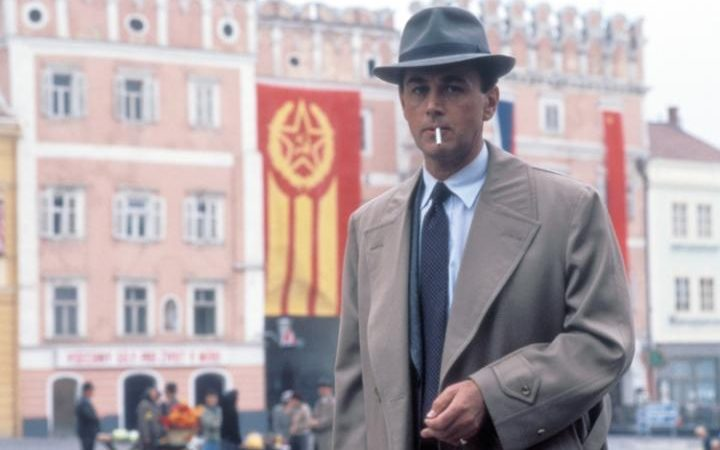
8. A Perfect Spy (1987)
Considered Le Carré’s most personal novel, this one plumbs a father-son relationship and hits hard on the analogy between confidence games (the father’s) and geopolitical betrayal (the son’s). The series gets points for coherence and nuance but a knock against because it doesn’t take on Le Carré’s trademark time shifts, opting instead for a relatively linear telling.
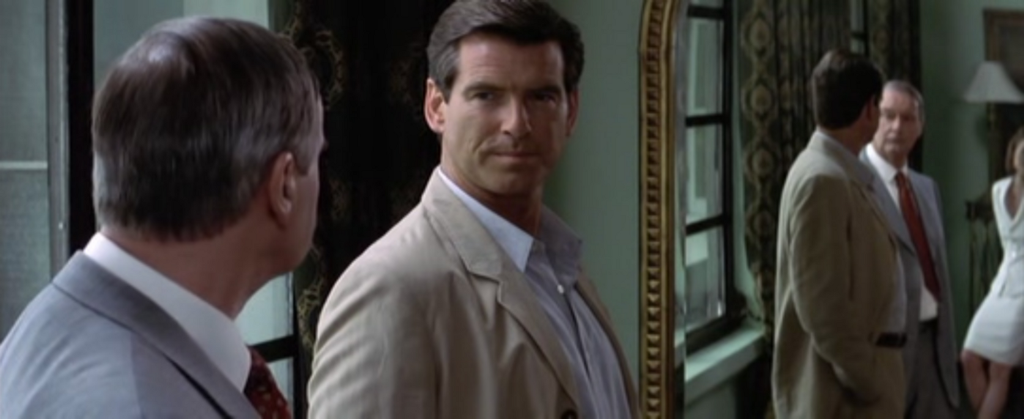
9. The Tailor of Panama (2001)
Pierce Brosnan was born to play Andy Osnard — smug and charming, bullying and considerate, cynical to the bone, and given to doing business while seated on vibrating motel beds. Unfortunately, the rest of the movie isn’t up to his performance. The canal zone, which should be a viper’s nest of shady business and tropical hustlers, is somehow neutered in translation. Geoffrey Rush and Jamie Lee Curtis bring the opposite of charisma to the screen. And the dance scenes… well, nothing can justify them. Still, they are having fun. And the scenes of Rush practicing his tradecraft very nearly make this a good movie.
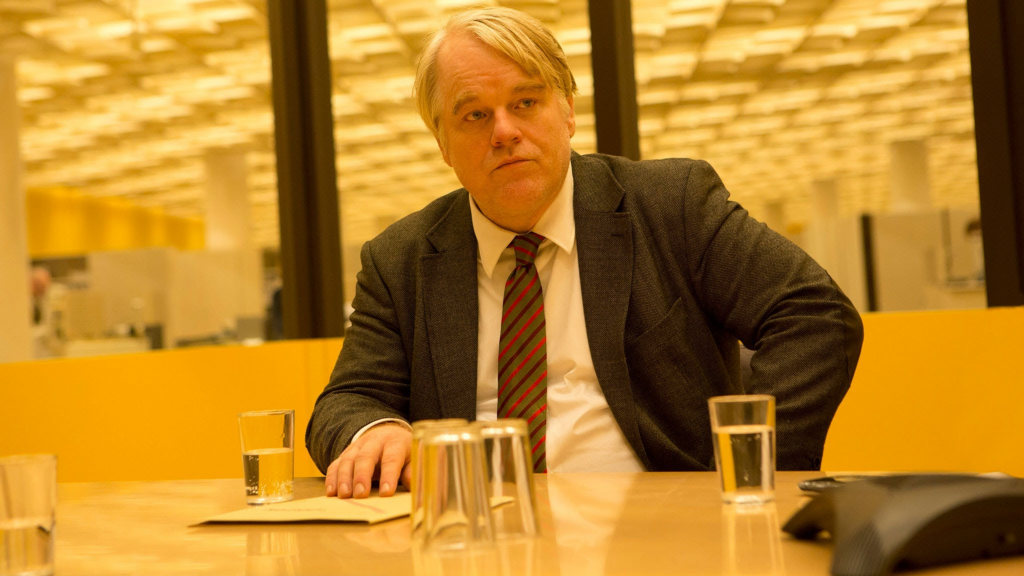
10. A Most Wanted Man (2014)
This one’s a by-the-numbers Le Carré adaptation, except for Philip Seymour Hoffman’s performance. Hoffman was nearing the end of his too-short life, and it’s impossible not to watch this movie without noticing his anguish. The accents are distracting — Hoffman, Rachel McAdams and Willem Dafoe all play Germans. The unspooling of the plot is a little ham-handed. Still, this is a solidly middle-class Le Carré movie, and certainly worth watching (now streaming on Amazon Prime), especially if you’re interested in the nuances of asylum applications in contemporary Europe (do go on…)
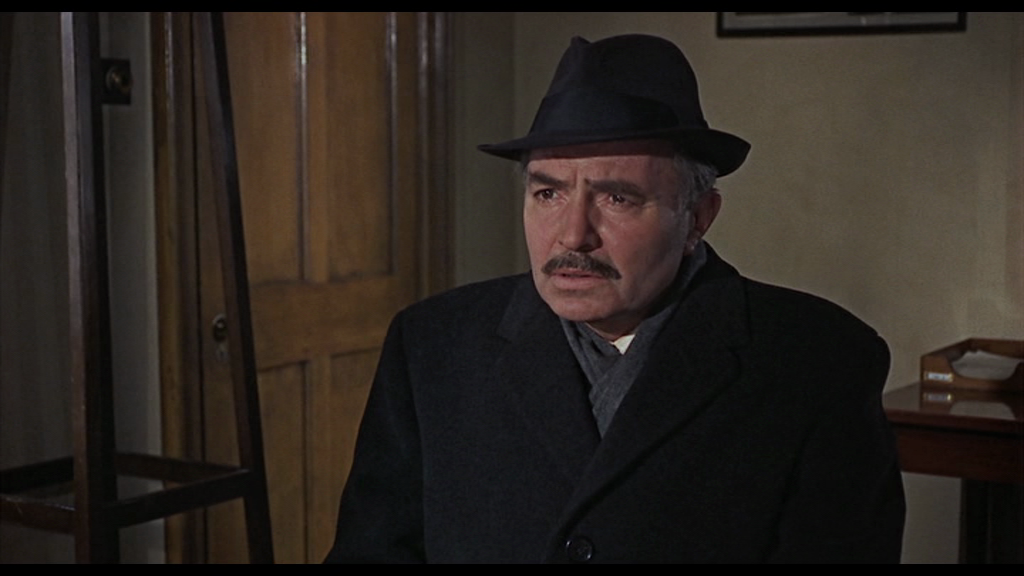
11. The Deadly Affair (1966)
This one gets even more confusing than your typical adaptation, since a rights dispute between studios required a lot of name-changing. (The movie is based on Le Carré’s first novel, Call for the Dead.) James Mason stars as ‘Charles Dobbs’ — the Smiley avatar. Most significantly, Sidney Lumet directs.
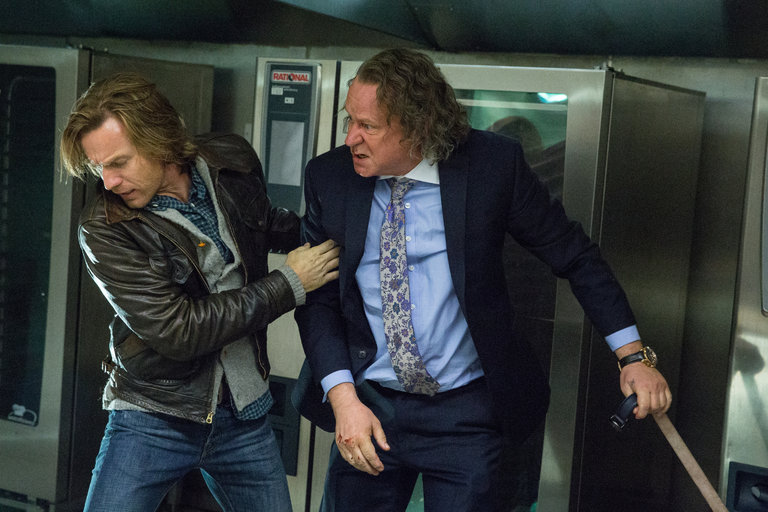
12. Our Kind of Traitor (2016)
The most recent adaptation has a lot going for it: Russian mobsters, Ewan McGregor, Susanna White (an accomplished miniseries director — see Bleak House and Generation Kill) with her flair for portraying corruption, and Stellan Skarsgård, who is legally obligated to appear in every international thriller, but who still manages to bring something to each role. Somehow, though, none of it quite works. It’s a pleasant enough movie to watch, but ultimately not all that gripping.
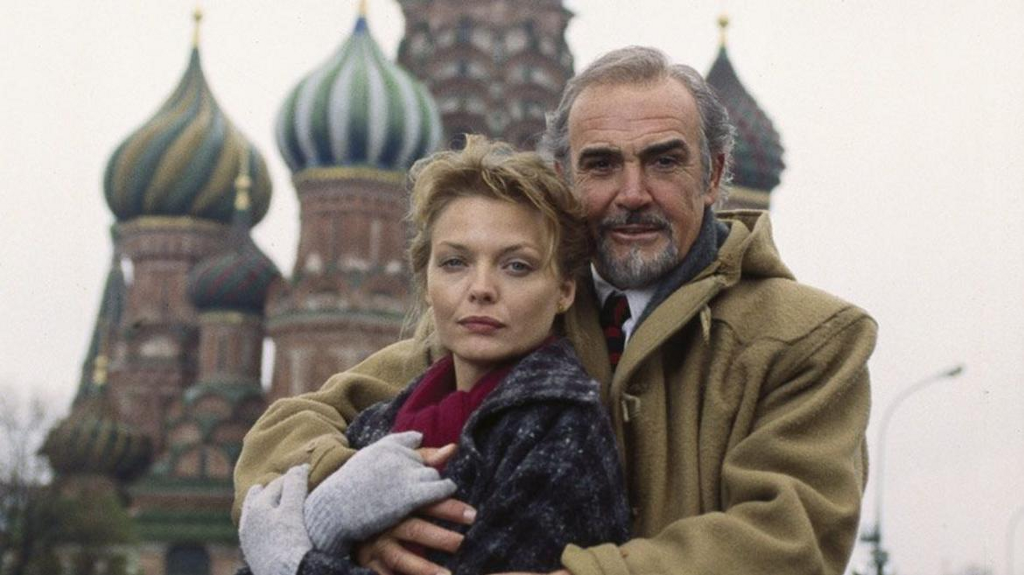
13. The Russia House (1990)
The luminaries who travel through Le Carré’s orbit never cease to amaze. The screenplay for The Russia House was written by Tom Stoppard. Are you in the mood for a publishing world/espionage thriller? Did you love Sean Connery in The Presidio. (Wait, he was in something else, right?) Is Michelle Pfeiffer your one and only femme fatale? Then, this might be your cup of tea.
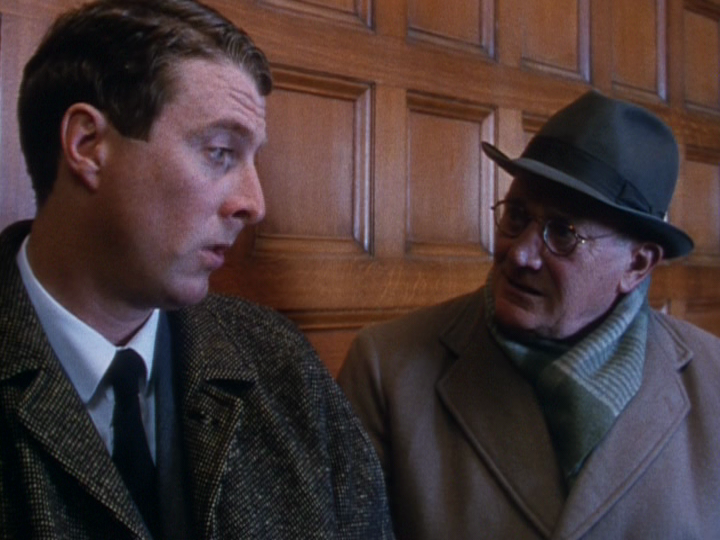
14. A Murder of Quality (1991)
This was a TV movie, apparently. Featuring Denholm Elliott, Indiana Jones’ Dr. Marcus Brody, who also starred in the 1953 adaptation of Graham Greene’s The Heart of the Matter, and the original TV movie adaptation of The Bourne Identity from 1988.

15. Endstation (1973)
A West German film production. We didn’t see this one. Neither did you. Let’s not pretend.
Couldn’t even find an image, so enjoy more from 2011’s Tinker Tailor Soldier Spy.
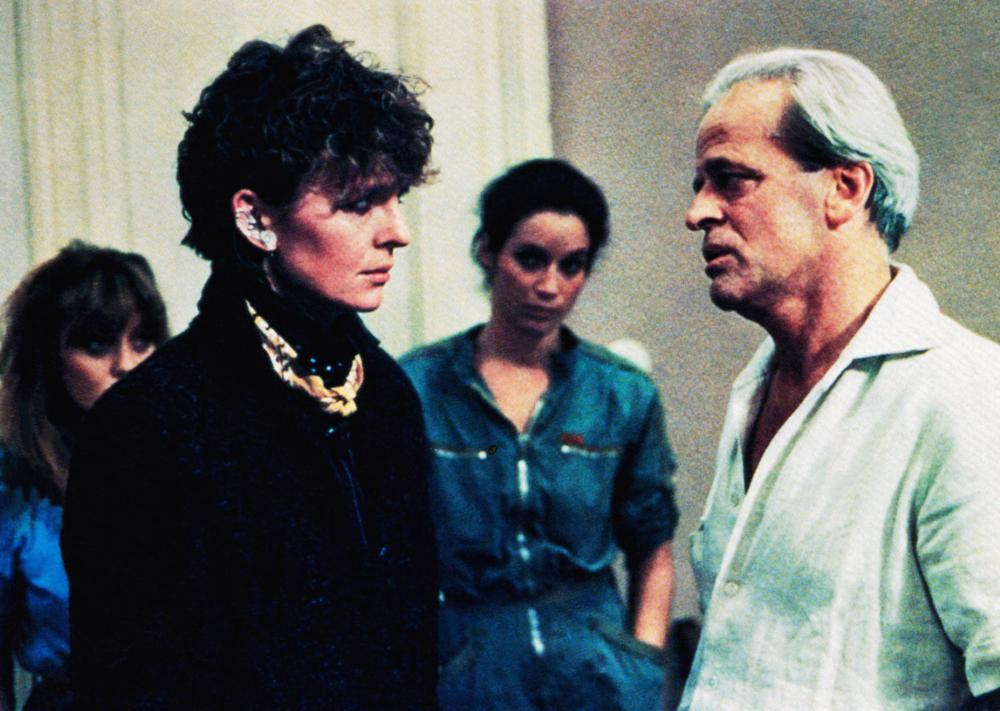
16. The Little Drummer Girl (1984)
This 1984 release fell prey to a classic Le Carré adaptation trap — trying to fit the entire plot into a single movie. The result? Utter incoherence, followed by boredom. Still, it stars both Diane Keaton and Klaus Kinski, which ought to be a hell of a pairing.




